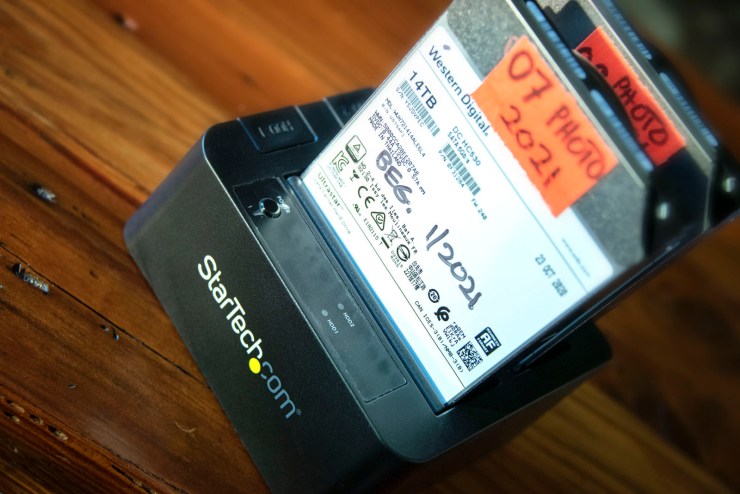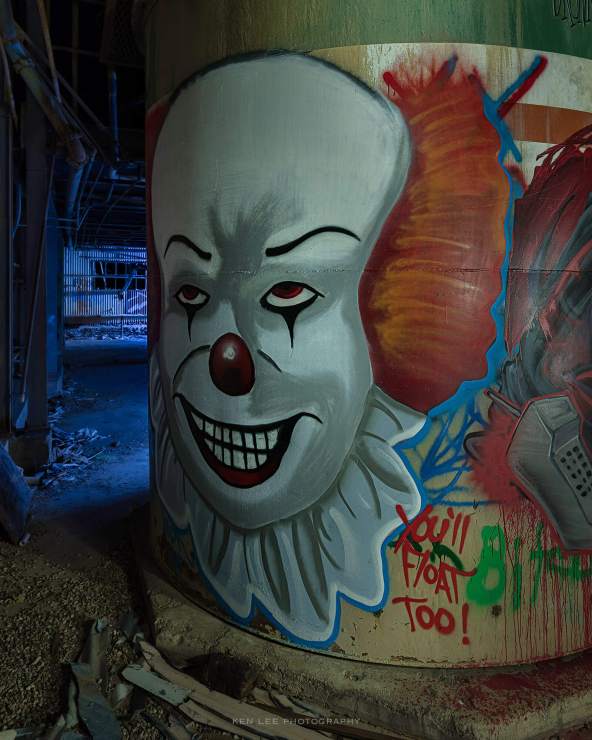There’s that well-known saying among computer technicians: “It’s not if your hard drive will fail, it’s when.” So why do hard drives fail?
Human error
You may be the most likely cause of hard disk failure. Not surprisingly, human error is the most common cause. Whether it’s installing the computer’s operating system incorrectly, altering system files attributes, mistakenly deleting files or directories, what we do can cause damage to the hard disk and lead to permanent loss of data.

I mentioned how I use hard drive “toasters” so I might add terabytes of data on a budget. One possible downside of this is that I physically handle the hard drives a lot. It’s possible that I could drop them one day. None of us are perfect.
Hardware failure
Hard drives fail. If it’s the spinning kind, they are mechanical and can fail a number of different ways. This may occur due to read/write heads touching or even scraping the disk’s magnetic surface.
If it is a solid state drive, or SSD, they often fail due to how they are used to write and read information. SSDs undergo a program/erase cycle, writing to flash-type memory cells. These can only be programmed and erased a finite amount of times before failure.
Firmware issues
Firmware is a sort of computer program embedded into the hard drive and contains basic storage programming. This allows your hardware to talk to your software. If your firmware is somehow corrupted, you can see how this might cause an issue.
Firmware can be corrupted through accidental shutdowns, interruptions while upgrading your firmware or virus attacks.
Overheating
Overheating can be caused by numerous things, including obviously high temperature, but also faulty cooling fans, improper ventilation and more. I see people stuffing their desktop computers inside furniture occasionally. Sometimes they take care to provide ventilation, but usually not.
Interruption of power
Yes, it’s what you think it is. A power surge from a lightning strike or power line interference can result in data loss because your read/write heads don’t function properly. Many people have UPS and voltage regulators to attempt to alleviate issues with power.
Damage from liquids

In addition to night photography, I also record music in a home studio. I have a strict rule about no drinks in the studio. Despite this, I’ve had two people spill their beer while recording music because “there was no way they would spill beer.” Before I could get them to drink it elsewhere, you guessed it, they had already spilled it. If beer manufacturers sold their products in sippy cups, my life would be easier.
I see people working while drinking next to their computer all the time. Water is already bad, so you can only imagine what beer, coffee or soda might do. Liquids can also cause unwanted surges in the electrical current, which can severely damage your drive. Take care where you place your computer in the event of flooding, and keep those drinks away from your computer or hard drives.
Further thoughts
I’ve covered some of the more common ways that hard drives might fail. They are prone to corruption or failure at any moment, often at the most inopportune time (not that there’s ever a good time for this). If you do not have backup of your data, you may lose your photos, videos files, documents and other important things stored on your drives at any moment.

Tell your story with the second annual Visual Storytelling Conference!
Experience four days of interactive, online training sessions featuring a range of educational content with experienced photographers and content creators. This free event kicks off with a series of technical boot camps to build essential skills, followed by live, online sessions on photography, video, business and social media. Join live from March 10-13, 2022!
